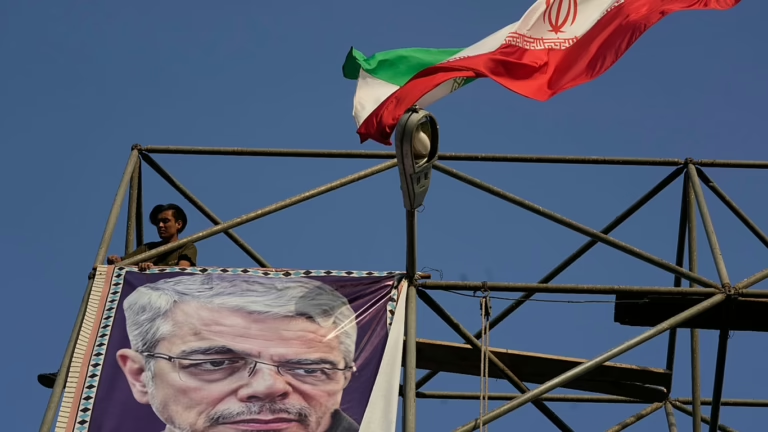Iran announced Monday, September 29, it had hanged a man accused of spying for Israel, the latest in what human rights groups describe as the largest wave of executions by Tehran in decades.
The execution was reported by the judiciary’s official mouthpiece, the Mizan news agency, which identified the executed man as Bahman Choobiasl. His case had not been widely known in Iranian media reports or to activists monitoring the death penalty in the Islamic Republic.
Iran accused Choobiasl of serving as the Israeli spy agency Mossad’s “most trusted” agent, alleging he met with Mossad officials and worked on “sensitive telecommunications projects,” reporting about the “paths of importing electronic devices.”
The announcement comes as Tehran vowed to confront its enemies following the weekend’s reimposition of United Nations sanctions on its nuclear program. The European Union followed suit on Monday, imposing similar sanctions.
Iran’s use of the death penalty has drawn increasing international condemnation, particularly amidst a severe crackdown on domestic dissent. The recent pace of executions is described by observers as unprecedented since the mass killings at the end of the Iran-Iraq War in 1988.
The execution of alleged spies is also occurring alongside rising tensions with Israel. Iran has not provided an exact number, but it is known to have hanged several individuals for espionage since earlier this year, often alleging ties to Israeli intelligence.
In one highly publicized recent case, Iran executed Babak Shahbazi earlier this month, claiming he spied for Israel. Activists, however, disputed the charge, alleging Shahbazi was tortured into a false confession after writing a letter offering to fight for Ukraine.
Iran routinely conducts closed-door trials for those accused of espionage, with suspects frequently denied access to the evidence used against them.
The increase in capital punishment follows multiple nationwide protests in recent years, fueled by public anger over the economy, demands for women’s rights, and calls for changes to the country’s theocracy.
The Oslo-based group Iran Human Rights and the Washington-based Abdorrahman Boroumand Center for Human Rights in Iran estimate the number of people executed this year has surpassed 1,000, noting the actual figure could be higher as Iran often fails to report on all executions.
Independent human rights experts at the United Nations criticized the scale of the state killings on Monday.
“The sheer scale of executions in Iran is staggering and represents a grave violation of the right to life,” the experts stated. “With an average of more than nine hangings per day in recent weeks, Iran appears to be conducting executions at an industrial scale that defies all accepted standards of human rights protection.”


















0 Comments